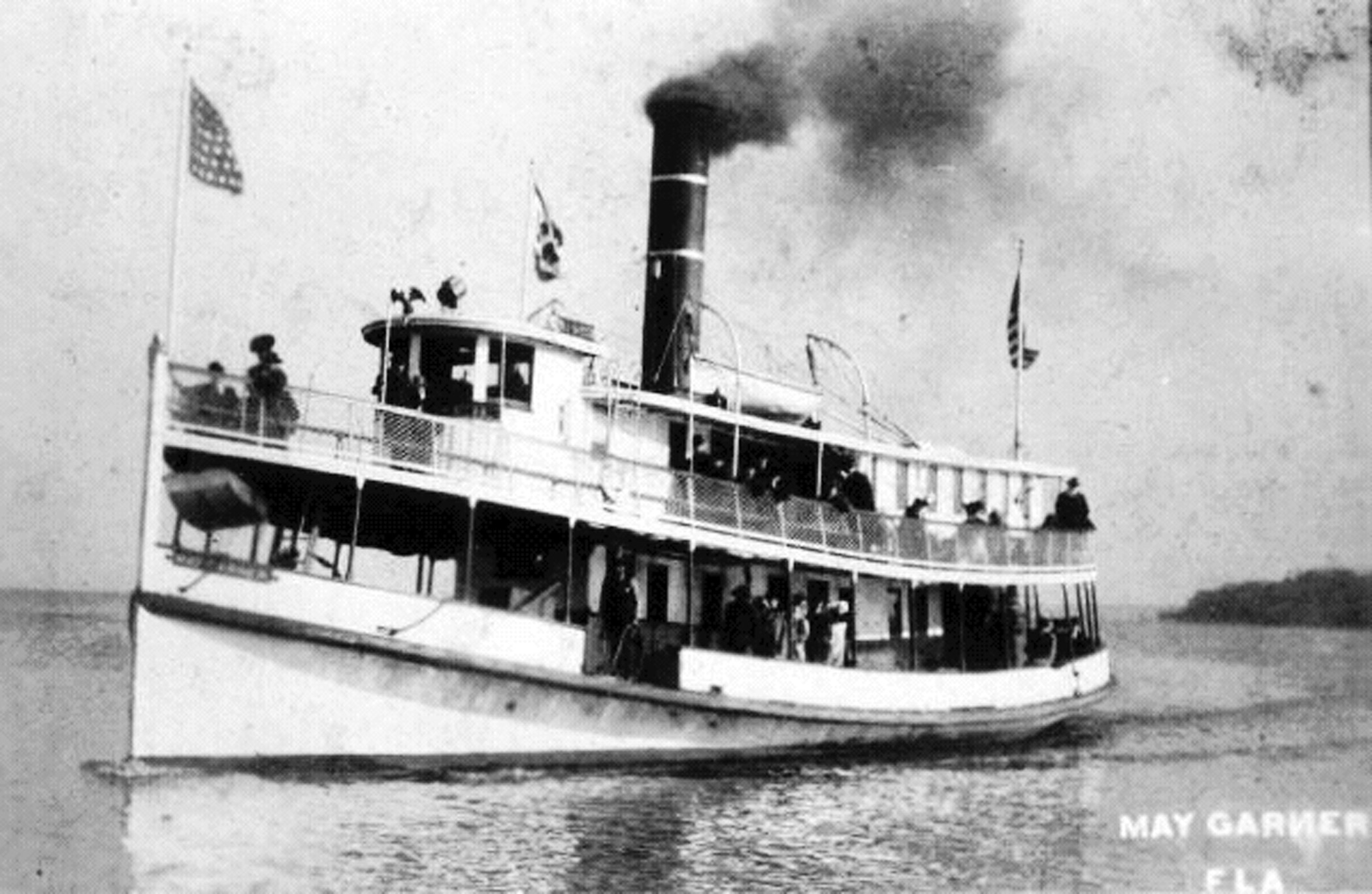Late 1800s recollections from Mulberry Grove Plantation north of Orange Park
In 1880, former slaves, Joe Reese and his wife Anne, welcomed their tenth child, John, into the world at their home in Yukon, Florida on A.M. Reed’s former plantation on the St. Johns River. The land would eventually morph into today’s Naval Air Station Jacksonville.
On May 19, 1939 John was interviewed by a Works Progress Administration writer and painted this rich verbal picture of life in the area during and following the Civil War. His story is as follows:
“I first remember two rows of oaks overlapping over a shady walk from the Mulberry Grove plantation house to the dock at the river. These trees were set out after emancipation by a Negro man named John Bowie, a fisherman who made his living catching fish in the river and selling them to settlers.
No cotton was raised in my time but everything else that could be planted was raised at Mulberry Grove. They planted all kinds of garden vegetables and oranges were packed in crates and shipped by steamboat in considerable quantities.
There were no slaves; everyone was paid by the day. Field hands got .50 and lighter work, .25. Negroes all bought their homes and being employees of Mr. Reed had a good chance of paying for the land bought from him.
…Sugar house was up by the oat field where we brought our sugar cane crops to grind into juice and be boiled down into syrup or molasses. Or let evaporate into brown sugar, and then sell it.
…My father, Joe Reese bargained with Mr. Reed for his 20 acre home place and had paid a good deal on it when the Civil War came along. Father joined the union forces and after the cessation of the war he came back and started in just where he left off – farming, raising hogs, chickens and turkeys and we had a cow.
My mother use to gather herbs and roots to doctor the family. There was a great deal of chills and fever. Jerusalem oak, a weed that grows wild in the fields and blackroot both were steeped and made into tea for curing a fever. Castor bean leaves were used to cool the head. Tying their big leaves around the head of a fever patient worked like a charm. But, after patent medicines came in, those old home remedies were never used.
…There was plenty of wild game – deer, bear, ducks and turkeys. You could shoot into a flock of wild ducks on the river and kill 10-12 with one load of buckshot. Went bear hunting with 20 men and a passel of dogs one night and by 10 PM we had killed two bears measuring 7 feet from tip to tip.
I saw one coming at me about 40’ away, I happened to be away from the crowd and I sure aimed good. I knew it was either my life or his. He kicked once or twice after I shot him. There’s one thing about killing a bear. You got to kill him dead because if he’s only wounded it sure makes him mad and he’ll tear up a human or a dog.
I never learned to smoke or use tobacco nor drink liquor and I don’t have much truck with cold drinks.
...I bought my own house and 60 acres on the East Side of Hwy 17. Got work around, raised vegetables and chickens and get along all right.”








